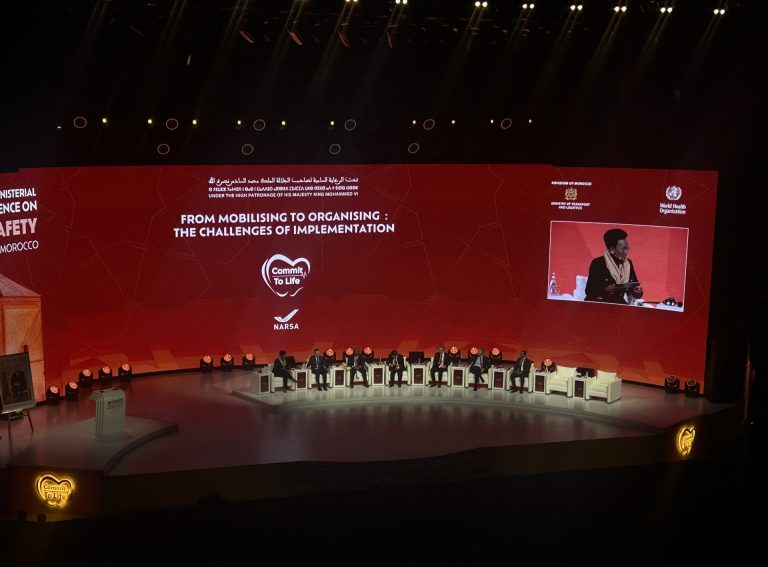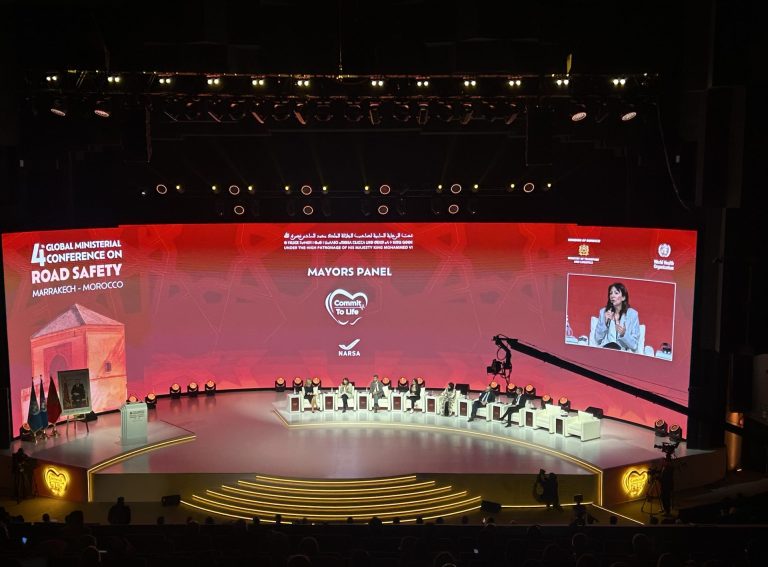Micromobility operator Bird has emerged from bankruptcy after cutting operating expenses by two-thirds.
It will now operate under the newly organised private parent company Third Lane Mobility Inc.
“At one point when Bird was a public company, it had $200 million in operating expenses,” Bird Co-CEO Stewart Lyons told Zag Daily. “We’ve reduced that by around two-thirds.”
According to Stewart, the bulk of what Bird has cut came from unproductive business arrangements and dealings during the last five years when the micromobility industry was still new and players had ‘eyes bigger than their stomachs’.
“There have been changes with how the business has been made up, the liabilities the company had, and a legacy of poor relationships and bad business dealings from the last five or six years.
“We’ve reached a point now where it’s just a cleaned up profitable business which has a leaner balance sheet and a much leaner set of liabilities.”
This comes shortly after Bird filed for Chapter 11 bankruptcy in December and entered a financial restructuring process which included the sale of its assets.
Both Bird and Spin will continue to operate in and serve cities across the globe under the umbrella of Third Lane Mobility.
Over the last three months, Bird and Spin have won multiple new competitive bids and announced the launch of service in several new cities, including Corpus Christi, Texas; Greensboro, North Carolina; the University of Illinois; Surrey and Mississauga, Canada; Naples and Torino, Italy; as well as competitive renewals of service in Gap, France and Zaragoza, Spain.
Collectively Bird and Spin operate in more than 350 cities and is the largest micromobility operator in North America.
One focus for Bird is now on its city partnerships.
“If we can prove to cities that we’re the kind of partner they want, then everything else will follow. Sure enough, that’s what happened with Canada. As we proved it to the cities, we proved it to our customers as well and ridership was successful and profitable.”
Bird and Spin will see 90 markets reopen for the spring, and more than 200,000 vehicles made available.




